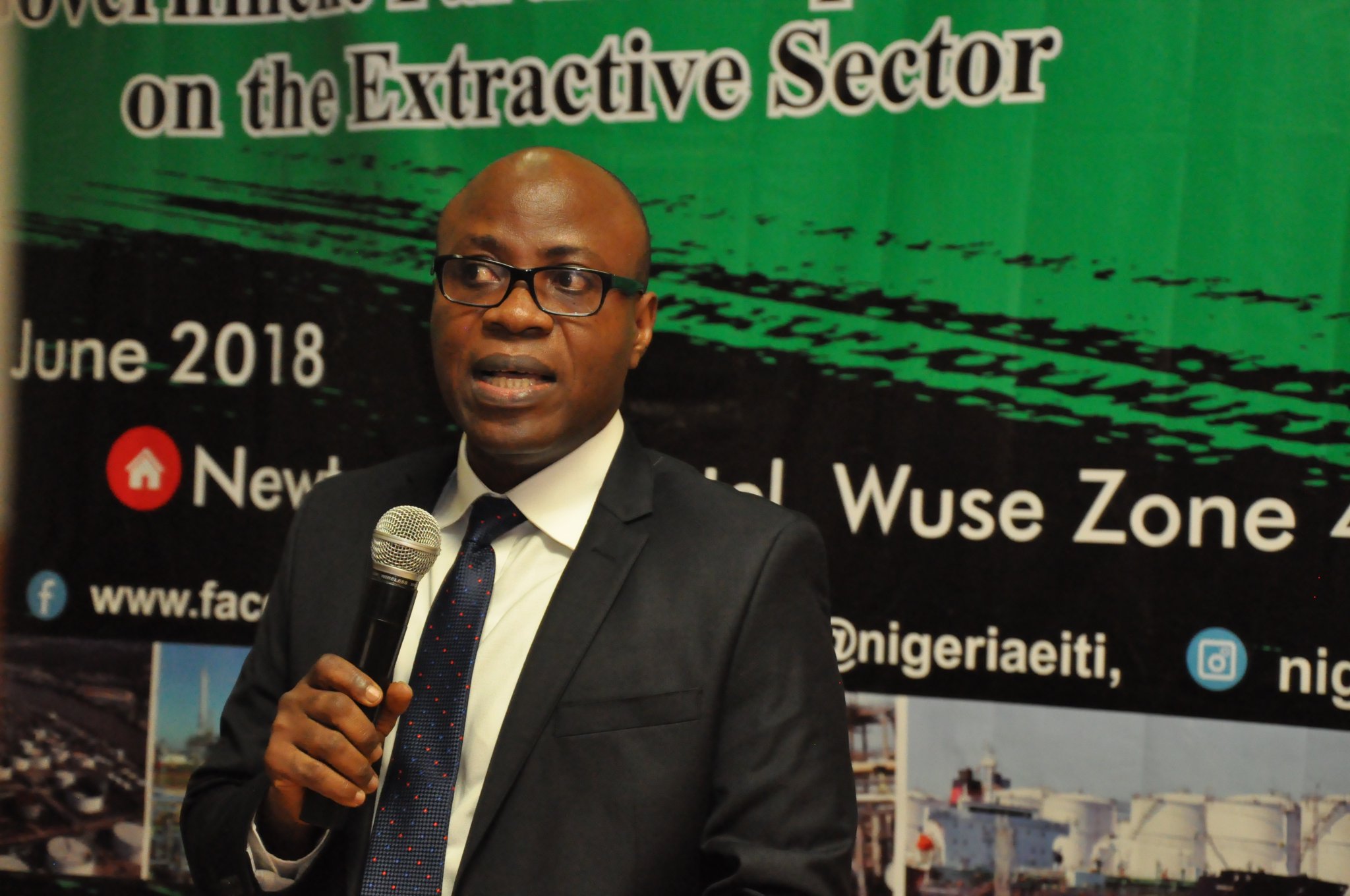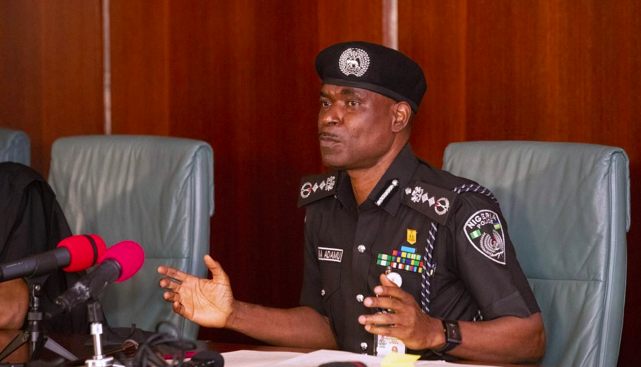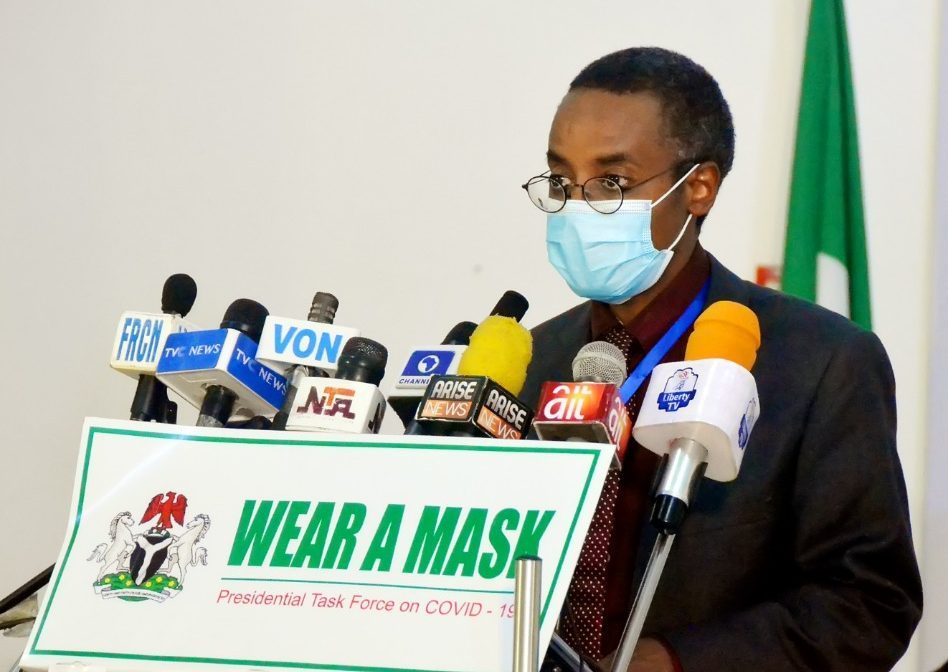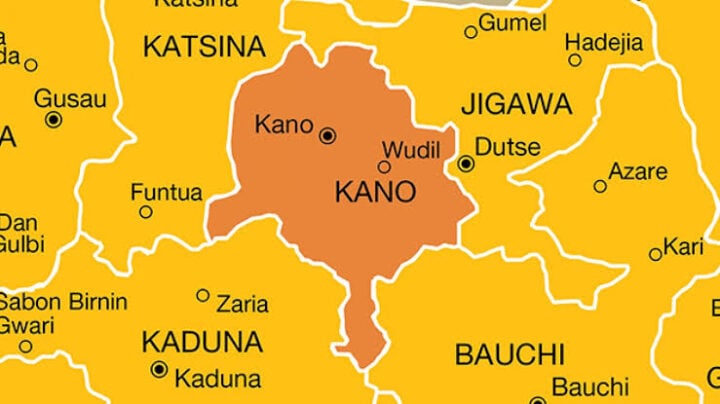Some audit issues raised against the Nigerian Petroleum Corporation (NNPC) in past reports of the Nigeria Extractive Industries Transparency Initiative (NEITI) have been fully resolved.
In a statement on Tuesday, Orji Ogbonnaya, director of communications and advocacy for NEITI, said the concerns were addressed by a joint committee drawn from the two organisations.
The NEITI-NNPC joint committee on remediation and mainstreaming was inaugurated on November 21, 2019, with a mandate to resolve 20 legacy issues and proffer recommendations for deepening transparency within the NNPC.
A year after its inauguration, the committee presented its report noting that 11 issues representing 55 percent have been fully resolved.
Advertisement
Eight issues (40 percent) were categorised as partially resolved while one (five percent) issue remains unresolved.
The unresolved issue is the status of NLNG’s payments, and it was recommended that NNPC should publish a statement on the status of the NLNG account.
One of the eleven issues deemed fully resolved is the outstanding liabilities by the Nigerian Agip Exploration (NAE) and the under-reporting of revenues receivable by NNPC as disclosed in the 2014 NEITI report.
Advertisement
Others include non-compliance with the 30-day remittance rule by some crude oil and gas traders; payments of cash-call to the Nigerian Petroleum Development Company (NPDC), a subsidiary of the NNPC, after the company had acquired federation joint venture assets in the NAOC JV; and payment of cash-calls to NPDC after it had acquired federation joint venture assets in the Shell IV; inconsistencies in records of cash-call payments; expending cash-call on non-cash-call items; issuance of revenue receipts as at when due; payment of consideration on NAOC Joint Venture assets divested to NPDC; outstanding PAYE liabilities; and outstanding payment from domestic crude allocations.
The eight issues deemed partially resolved are over-recovery by NNPC under the petroleum support fund scheme (PSF); NPDC’s unremitted NDDC levy; accumulated unremitted gas flare penalties; unremitted balance for crude oil lifting from NPDC, Shoreline and Seplat JV’s; Outstanding NPDC’s petroleum profit tax liability; unremitted crude oil royalties for 2014, 2015 and 2016; the balance of the value of the eight OMLs assigned by NNPC to NPDC from Shell JV between 2010 and 2011; and upfront deductions from domestic crude allocations.
“Payment plans had been developed between NNPC and the beneficiaries and payments are being made according to the plans. NNPC, which committed to a transparent and accountable framework for deductions from domestic crude allocations, is expected to provide regular updates on progress on the eight issues until they are fully resolved,” the statement read.
“Furthermore, NEITI and NNPC resolved to continue to work together on NNPC’s 13-point action plan on mainstreaming as the framework for deepening openness within the national oil company, building on NNPC’s monthly reports, the historic publication of its audited financial statements for 2018 and 2019, and the decision by NNPC to join the global EITI as a supporting company.”
Advertisement
Ogbonnaya quoted Waziri Adio (pictured), the executive secretary of NEITI, as commending the NNPC for its efforts towards transparency.
“We acknowledge the significant strides towards openness by the current management of NNPC,” he said.
“While remediation is about looking back, mainstreaming is about looking forward. Both are about being transparent and being accountable. And what we have seen on both fronts is concrete commitment. We urge you to keep this up and we want you to know we are always here to partner with you.”
On his part, Mele Kyari, NNPC group managing director, said the agency is committed to ensuring transparency and accountability in its operation.
Advertisement
“NNPC is committed to expanding the frontiers of transparency and accountability. We believe there should be full disclosure of our transactions, not just in alignment with the EITI, but also because Nigerians need to have full visibility of our operations. We are always eager to work with NEITI on this,” he said.
Advertisement
Add a comment






